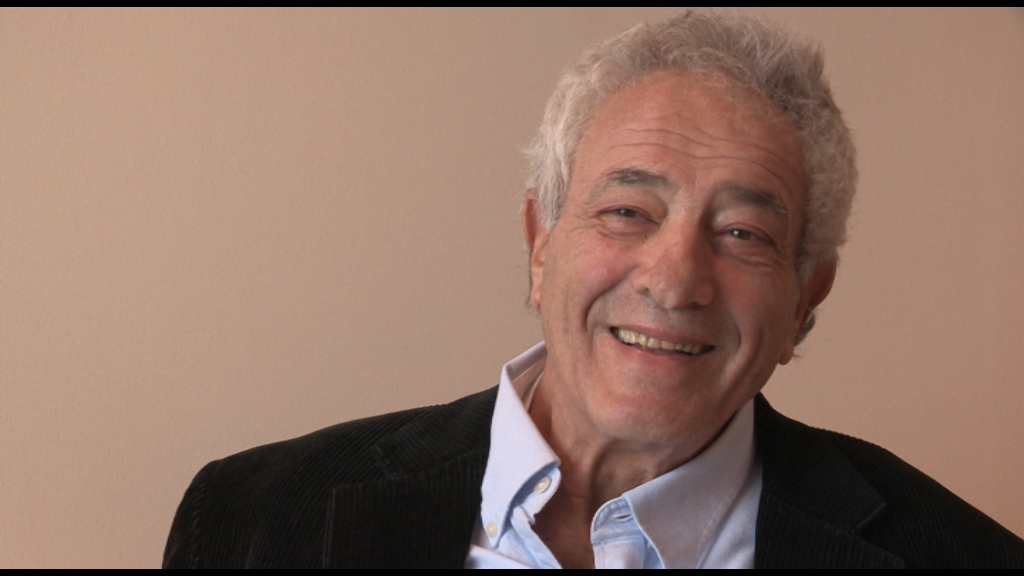NEXT STORY

Losing my fears in the laundromat
RELATED STORIES

NEXT STORY

Losing my fears in the laundromat
RELATED STORIES


|
Views | Duration | |
|---|---|---|---|
| 11. Why we published The Satanic Verses | 39 | 06:06 | |
| 12. Joining the Merchant Marine | 28 | 02:49 | |
| 13. Following in the footsteps of Joseph Conrad | 31 | 01:31 | |
| 14. Having a principled background | 43 | 02:48 | |
| 15. Being creative in Spain | 1 | 32 | 03:27 |
| 16. My career in publishing begins | 30 | 04:22 | |
| 17. Catching the publishing 'bug' | 29 | 02:18 | |
| 18. Paying my way in life | 44 | 03:08 | |
| 19. Losing my fears in the laundromat | 33 | 03:14 | |
| 20. In search of solitude | 34 | 03:07 |


I always had this issue, vis-à-vis my mother and father, of paying for my own way. My father had, he was not wealthy when he married my mother, my mother came from a family with means. My father had proved himself to my mother, in both financial ways, but also by saving her family by his instincts about what was happening in Nazi Germany. And my mother perhaps over-praised my father, and in a kind of Oedipal situation, I wanted to be like my father: paying my way and I hoped, doing some good.
I came to admire my father enormously. I always had some problems, as I mentioned earlier, with my mother, who was very moralizing and critical, but my father was a person who had a big heart and who accepted me. My mother was the way she was out of concern for my welfare, and she was often wrong, or she didn't quite know that she had a son who had a rather different personality than her own. But… so I took some pleasure in not so much not being a writer, but paying my way and winning my parents'… I won't say admiration, but acceptance, that I could pay my way in life. That was very important to them both, that I could stand on my own feet. And their view of that was that you don't help kids by helping them. You help them morally, you are there if they are in a jam, you have good health insurance for them, but they should make it on their own entirely.
It was a tough school, because my friends were American kids, completely American kids, and American kids are very spoiled and they were very spoiled; I was not.
[Q] Were you ever sort of… were you scared about all that, the idea that you were going to have to…
No.
Peter Mayer (1936-2018) was an American independent publisher who was president of The Overlook Press/Peter Mayer Publishers, Inc, a New York-based publishing company he founded with his father in 1971. At the time of Overlook's founding, Mayer was head of Avon Books, a large New York-based paperback publisher. There, he successfully launched the trade paperback as a viable alternative to mass market and hardcover formats. From 1978 to 1996 he was CEO of Penguin Books, where he introduced a flexible style in editorial, marketing, and production. More recently, Mayer had financially revived both Ardis, a publisher of Russian literature in English, and Duckworth, an independent publishing house in the UK.
Title: Paying my way in life
Listeners: Christopher Sykes
Christopher Sykes is an independent documentary producer who has made a number of films about science and scientists for BBC TV, Channel Four, and PBS.
Tags: parents, parental love, acceptance
Duration: 3 minutes, 8 seconds
Date story recorded: September 2014-January 2015
Date story went live: 12 November 2015